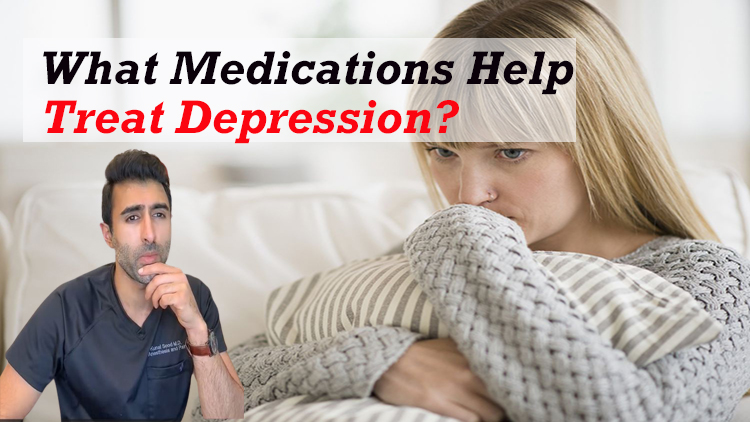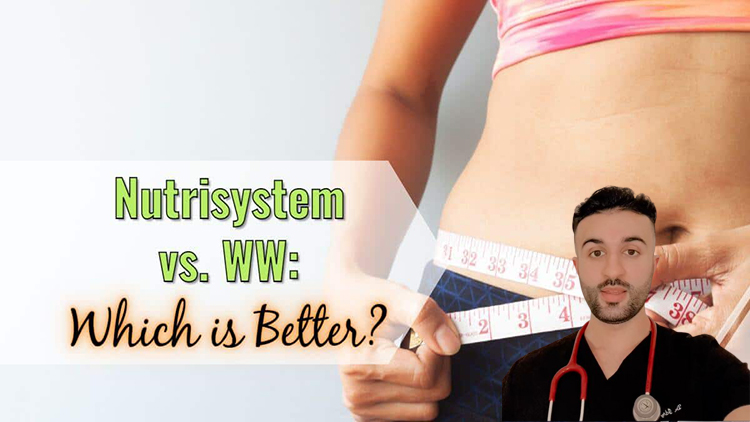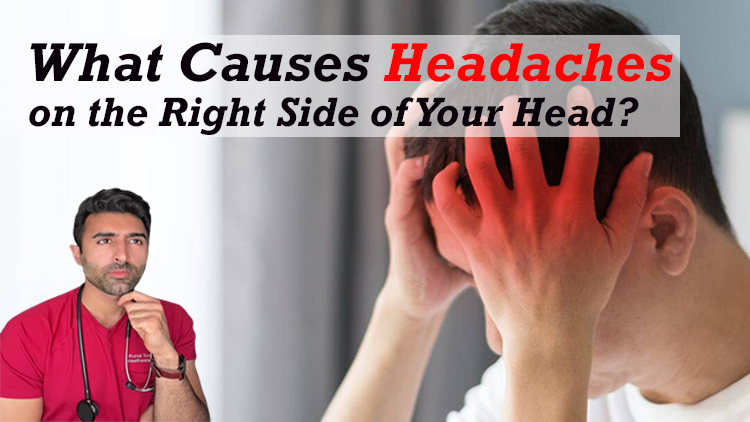
- Types
- Atypical medications
- Side effects
- Uses
- Effectiveness
- Natural treatments
- Finding the right one
Antidepressant medications vary, and what works for one may not work for another. Finding the right drug for you may take trial and error.
Depression is a mental health issue that starts most often in early adulthood. It’s also more common in women. However, anyone at any age may deal with depression.
Depression affects your brain, so drugs that work in your brain may prove beneficial. Common antidepressants may help ease your symptoms, but there are many other options as well.
Each drug used to treat depression works by balancing certain chemicals in your brain called neurotransmitters. These drugs work in slightly different ways to ease your depression symptoms.
Many common drugs for depression fall into the following drug classesTrusted Source:
- selective serotonin reuptake inhibitors (SSRIs)
- serotonin-norepinephrine reuptake inhibitors (SNRIs)
- tricyclic antidepressants (TCAs)
- tetracyclic antidepressants
- dopamine reuptake blockers
- 5-HT1A receptor antagonists
- 5-HT2 receptor antagonists
- 5-HT3 receptor antagonists
- monoamine oxidase inhibitors (MAOIs)
- noradrenergic antagonists
Atypical antidepressants, which don’t fall into these drug classes, and natural supplements, such as St. John’s wort, are also available.
Types
SSRIs are the most commonly prescribed class of antidepressants. An imbalance of serotonin may play a role in depression. These drugs fight depression symptoms by decreasing serotonin reuptake in your brain. This effect leaves more serotonin available to work in your brain.
SSRIs include:
- sertraline (Zoloft)
- fluoxetine (Prozac, Sarafem)
- citalopram (Celexa)
- escitalopram (Lexapro)
- paroxetine (Paxil, Pexeva, Brisdelle)
- fluvoxamine (Luvox)
Common side effects of SSRIs includeTrusted Source:
- nausea
- trouble sleeping
- nervousness
- tremors
- sexual problems
SNRIs help improve serotonin and norepinephrine levels in your brain. This may reduce depression symptoms. These drugs include:
- desvenlafaxine (Pristiq, Khedezla)
- duloxetine (Cymbalta)
- levomilnacipran (Fetzima)
- venlafaxine (Effexor)
In addition to treating depression, duloxetine may also relieve pain. This is important because chronic pain can lead to depression or make it worse. In some cases, people with depression become more aware of aches and pains. A drug that treats both depression and pain, such as duloxetine, can be helpful to these people.
Common side effects of SNRIs includeTrusted Source:
- nausea
- drowsiness
- fatigue
- constipation
- dry mouth
TCAs are often prescribed when SSRIs or other antidepressants don’t work. It isn’t fully understood how these drugs work to treat depression.
TCAs include:
- amitriptyline (Elavil)
- amoxapine (Asendin)
- clomipramine (Anafranil)
- desipramine (Norpramin)
- doxepin (Silenor)
- imipramine (Tofranil)
- nortriptyline (Pamelor)
- protriptyline (Vivactil)
- trimipramine (Surmontil)
Common side effects of TCAs can includeTrusted Source:
- constipation
- dry mouth
- fatigue
- blurred vision
The more serious side effects of these drugs include:
- low blood pressure
- irregular heart rate
- seizures
Tetracyclic antidepressants, like Maprotiline (Ludiomil), are used to treat depression and anxiety. They also work by balancing neurotransmitters to ease symptoms of depression.
Common side effects of this drug includeTrusted Source:
- drowsiness
- weakness
- lightheadedness
- headache
- blurry vision
- dry mouth
Dopamine reuptake blockers, like Bupropion (Wellbutrin, Forfivo, Aplenzin), are a mild dopamine and norepinephrine reuptake blockers. They are used for depression and seasonal affective disorder. They are also used for quitting smoking.
Common side effects includeTrusted Source:
- nausea
- vomiting
- constipation
- dizziness
- blurry vision
The drug in this class that’s used to treat depression is called vilazodone (Viibryd). It works by balancing serotonin levels and other neurotransmitters.
This drug is rarely used as a first-line treatment for depression. That means it’s usually only prescribed when other medications have not worked for you or caused bothersome side effects.
Side effects can include:
- nausea
- vomiting
- trouble sleeping
Two 5-HT2 receptor antagonists, nefazodone (Serzone) and trazodone (Oleptro), are used to treat depression. These are older drugs. They alter chemicals in your brain to help depression.
Common side effects includeTrusted Source:
- drowsiness
- dizziness
- dry mouth
The 5-HT3 receptor antagonist vortioxetine (Brintellix) treats depression by affecting the activity of brain chemicals.
Common side effects includeTrusted Source:
- sexual problems
- nausea
MAOIs are older drugs that treat depression. They work by stopping the breakdown of norepinephrine, dopamine, and serotonin.
They’re more difficult for people to take than most other antidepressants because they interactTrusted Source with prescription drugs, nonprescription drugs, and some foods. They also can’t be combined with stimulants or other antidepressants.
MAOIs include:
- isocarboxazid (Marplan)
- phenelzine (Nardil)
- selegiline (Emsam), which comes as a transdermal patch
- tranylcypromine (Parnate)
MAOIs also have many side effects. These can includeTrusted Source:
- nausea
- dizziness
- drowsiness
- trouble sleeping
- restlessness
Mirtazapine (Remeron) is used primarily for depression. It alters certain chemicals in your brain to ease depression symptoms.
Common side effects includeTrusted Source:
- drowsiness
- dizziness
- weight gain
Atypical medications
Other depression drugs don’t fall into the typical classes. These are called atypical antidepressants. Depending on your condition, your doctor may prescribe one of these alternatives instead.
For example, olanzapine/fluoxetine (Symbyax) is an atypical antidepressant. It’s used to treat bipolar disorder and major depression that doesn’t respond to other drugs.
Ask your doctor if an alternative drug treatment is a good choice for you. They can tell you more.
Keep reading: Depression medications and side effects.
Side effects
Medications to treat depression generally come with side effects. The specific changes you may experience depend in part on the class of drug you’re taking.
Common side effects:
- Gastrointestinal symptoms: indigestion, diarrhea, constipation, loss of appetite
- Feelings of sickness: headache, dizziness, dry mouth, sweating
- Nervousness: agitation, shakiness, nervous feeling
- Heart rhythm changes: palpitations, fast heartbeat
- Vision changes: blurry vision
- Weight changes: unexpected weight loss or weight gain
- Sexual dysfunction: low sex drive
- Sleep changes: insomnia
You may experience some, many, or none of these side effects.
Potential health risks:
- Serotonin syndrome. Serotonin syndrome occurs when serotonin levels are too high, usually because of combining antidepressants that raise serotonin levels. Symptoms include confusion, muscle twitching, seizures, irregular heartbeat, or unconsciousness.
- Hyponatremia. Hyponatremia (low blood sodium) is a dangerous drop in salt levels in the body, usually experienced by older adults taking antidepressants. Symptoms include headache, muscle pain, disorientation, agitation, or seizures.
- Diabetes. People who take antidepressants may be at greater risk of developing type 2 diabetes.
- Suicidal thoughts. Sometimes people, particularly younger people, think about self-harm when they first start taking antidepressants. Help is available from your doctor, crisis line, or nearest emergency room.
These health risks happen less frequently than common side effects of antidepressants. They are all serious conditions for which you can get support from a doctor or mental health professional.
Uses
Antidepressants are commonly prescribed for a number of medical diagnoses, includingTrusted Source:
- major depressive disorder
- persistent depressive disorder (dysthymia)
- premenstrual dysphoric disorder
- obsessive-compulsive disorder (OCD)
- social anxiety disorder
- panic disorder
- generalized anxiety disorder (GAD)
- post-traumatic stress disorder (PTSD)
In addition, research from 2017Trusted Source and 2019 has looked at the off-label uses for drugs for depression. These studies state antidepressants have been prescribed for:
- insomnia
- chronic pain
- migraine prevention
- attention deficit hyperactivity disorder (ADHD)
Your doctor can give you more information about the antidepressant they’ve prescribed, including if it’s an off-label use.
Effectiveness
Antidepressants, in general, are effectiveTrusted Source for moderate to severe depression. Many people do get some relief from depression symptoms by taking antidepressants.
A number of recent analyses have looked more deeply into whether antidepressants work, and these studies support their effectiveness.
A 2018 review of trials measuring the effectiveness of 21 antidepressant medications found each of these medications works better than a placebo. The review analyzed 522 studies done between 1979 and 2016, involving a total of 116,477 people.
A 2019 paper reviewed previous studies from 1990 to June 2019 on antidepressant effectiveness. The authors noted all reviews generally showed that antidepressants were effective, but only marginally effective. They concluded antidepressant benefits are minimal and increase the risk of harmful effects. However, the paper stated that additional research is needed to confirm or dispute that there is an increased risk of harmful effects.
A 2020 data analysis also looked at previously published data on antidepressant efficacy. This study came to less optimistic conclusions about how effective antidepressants are.
The study looked at whether previous analyses underestimated the effectiveness of antidepressants, due to the use of the Hamilton Depression Rating-Scale (HDRS). With the use of an alternative measurement, the Montgomery-Asberg Depression Rating-Scale (MADRS), the researchers found the previous studies did not underestimate effectiveness. The study hypothesized that antidepressants may not in fact work well for the average person.
Researchers have also looked at the effectiveness of antidepressants on subgroups of people, such as older adults, children, and adolescents.
A 2020 review of studies involving people over the age of 65 found on average 50.7 percent of people achieved at least a 50 percent reduction in depression, based on the HDRS. This analysis looked at 44 studies with a total of 6,373 people.
A 2020 meta-analysis of previous reviews looked at the effectiveness and tolerability of antidepressants in those under the age of 18. These medications are prescribed to children and adolescents for a variety of reasons. With respect to major depressive disorder, the meta-analysis found only fluoxetine (Prozac) worked better than the placebo. The review included 34 random controlled trials involving 14 antidepressants prescribed for major depressive disorder in people under the age of 18.
Natural treatment options
You may be interested in natural options to treat your depression. Some people use these treatments instead of drugs, and some use them as an add-on treatment to their antidepressant medication.
St. John’s wort is an herb that some people have tried for depression. According to the National Center for Complementary and Integrative HealthTrusted Source, the herb may have mild positive effects, or it may not work any better than placebo. This herb also causes many drug interactions that can be serious.
St. John’s wort interacts with many medications. The herb may reduce their effectiveness or cause negative side effects. These includeTrusted Source:
- antiseizure drugs
- cyclosporine
- some heart medications
- some cancer drugs
- some HIV medications
- certain statins
- birth control pills
- warfarin (Coumadin)
- prescription antidepressants
The supplement S-adenosylmethionine (SAMe) is another natural option that some people have tried to ease their depression symptoms. SAMe may helpTrusted Source treat joint pain, but there’s not much support to show that it helps with depression. This treatment can also interactTrusted Source with prescription drugs.
Finding the right antidepressant
When you decide taking an antidepressant is right for you, it can take time to find the right one. Each person experiences depression a bit differently, so there is no “one-size-fits-all” medication.
You can work with your doctor to find effective and easy-to-take medication. Some factors to consider includeTrusted Source:
- Your overall health. Some antidepressants can negatively affect other aspects of your physical or mental health, so your doctor will review preexisting conditions and other health factors.
- Other medications. Antidepressants can interact with other prescription medications.
- Side effects. Depression medication can cause side effects that make it hard for you to manage.
- Prescription cost. Affordability of medication and insurance coverage is a factor for many people.
- Frequency of dose. An antidepressant works best when you take it on a regular schedule as prescribed. If this is a challenge, it may be something to consider with your doctor when choosing an antidepressant
.
You may have to take a medication for 6 to 8 weeksTrusted Source before you start to feel the full effects, but you can start noticing some benefits within the first 2 to 4 weeks.
Some people choose to switch medications or stop taking an antidepressant. Your doctor can help you make these changes, so talk with them if you feel the drug isn’t working for you. If you stop your antidepressant suddenly, it can cause serious side effects.






